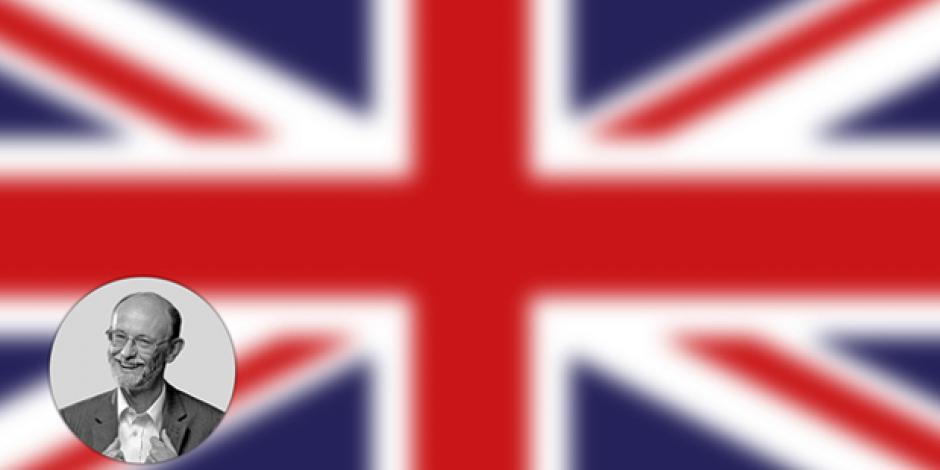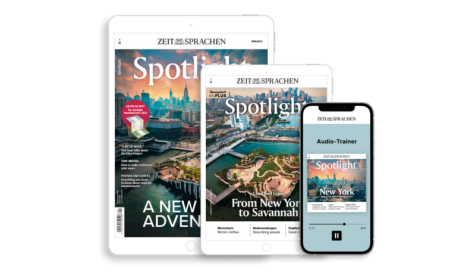Starten Sie den Audio-Text
Mit dem Audio-Player können Sie sich den Text anhören. Darunter finden Sie das Transkript.
Transcript: Sun, sea and stones
Is this your first trip to Pula?” the driver asked us as we travelled in the taxi from the airport. This was at the start of our holiday in Croatia. “No, as it happens,” I said, “I was here 55 years ago.”
“I see,” was the answer. He could have sounded more impressed; I was hoping for some compliments, like “Wow! That’s amazing! You must have been incredibly young at the time.”
I was. I was ten. One of the teachers at the girls’ school where my mother worked was organizing a big foreign adventure, and my mother, my sister and I were allowed to join in. It meant taking a train across Europe from Ostend to Salzburg, and a coachReisebuscoach from Austria to Lovran, where we stayed.
Pula was a day trip. Somewhere, I still have a photo of our coach, with the amphitheatre in the background. It was roughly 19 centuries old. By the time we were driving past it in the taxi, on the way into town from the airport, its age was roughly 19 and a half.
Virgilio and Mario are in that photo — the drivers who took it in to take in turnsich abwechselnturn to get us across the mountains to the Adriatic. Hearts to flutterflattern, rasenfluttered non-stop during the journey, partly because of the hairpin bendHaarnadelkurvehairpin bends, and partly because the coach was full of British teenage schoolgirls. How could they not fall in love with those charming smiles from Mario, those winning looks from Virgilio and those stylish Italian sunglasses?
All very romantic, but most of my memories to revolvesich drehen umrevolve around food. And drink: my first taste of real coffee in the Pension near Salzburg, where we stayed overnight; peachPfirsichpeaches from a stallVerkaufsstandstall by the roadside in Italy; the fruity taste of Yugoslavian cola.
Did we bring back a souvenir? Yes, though I’m to be embarrassed to do sth.sich genieren, etw. zu tunembarrassed to admit it: a small white square stone. It’s a piece of mosaic. While we were in Pula, someone found it, picked it up and kept it.
I still have it. When we booked our holiday, I wondered whether I ought to take it back. I know: it’s a small white stone, not the Elgin Marbles — the decorative sculptures Lord Elgin took from the top of the Parthenon in the early 19th century. They found their way to the British Museum in 1816, and have been there ever since. The Greeks want them returned to Athens. They’ve kept a space ready and waiting in the Acropolis Museum.
I didn’t really expect to find an enormous mosaic in Pula with a single piece missing, and a sign asking the vandal who thought he was a second Lord Elgin to kindly return it.
We did find mosaics, but none with any obvious gap for my stone. It’s a good thing I hadn’t put it in my luggage; I’d only have had to bring it home again. That might have been hard to explain when my bag was checked at the airport.
So, the stone’s still here in Britain. Like many other things that probably shouldn’t be. I keep it next to a bit of Roman pot that — well, if I’m honest — I haven’t a to not have a cluekeine blasse Ahnung habenclue where it came from.
Neugierig auf mehr?
Dann nutzen Sie die Möglichkeit und stellen Sie sich Ihr optimales Abo ganz nach Ihren Wünschen zusammen.



